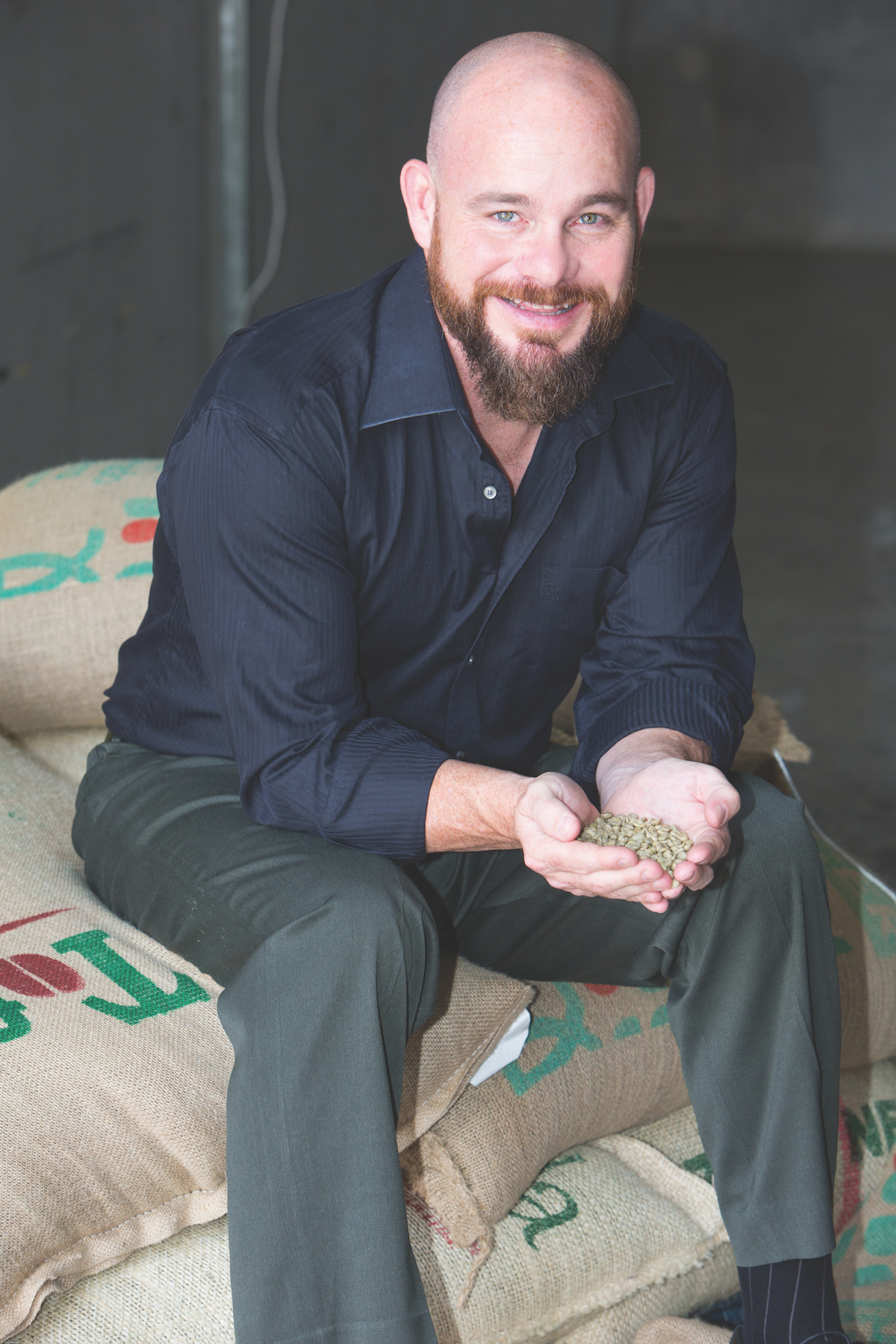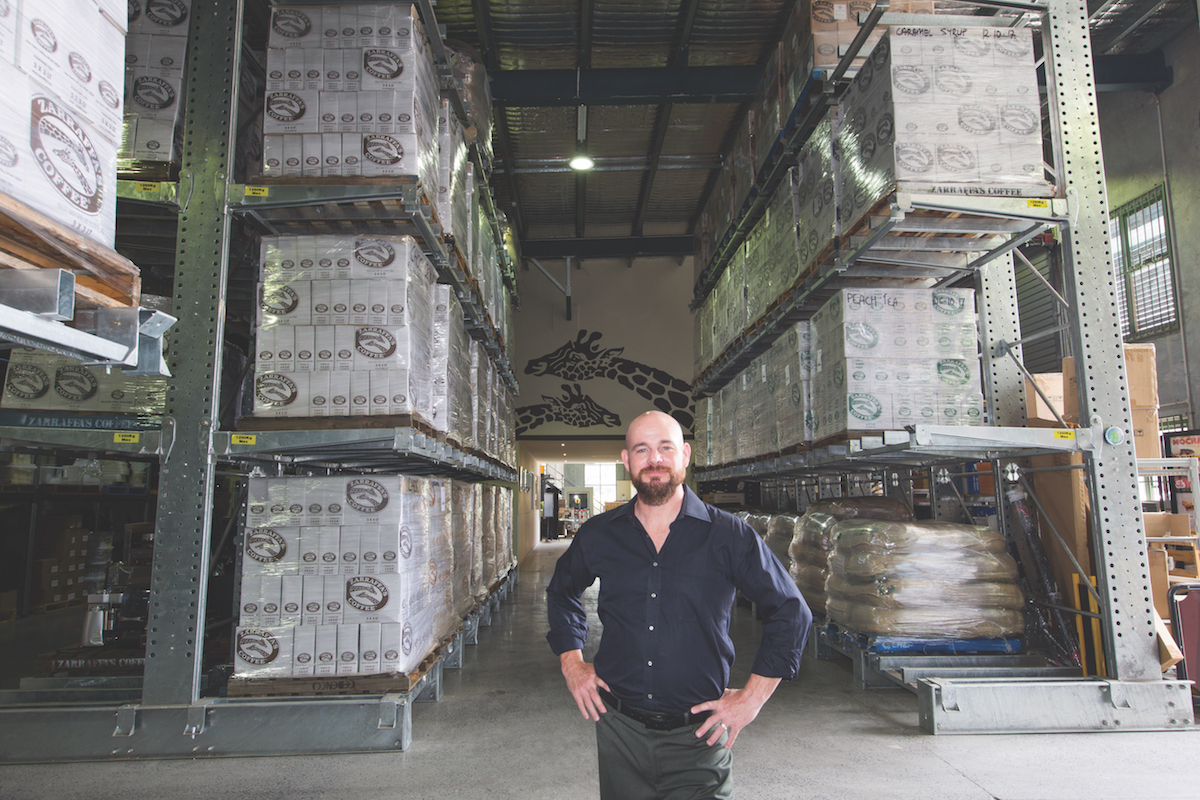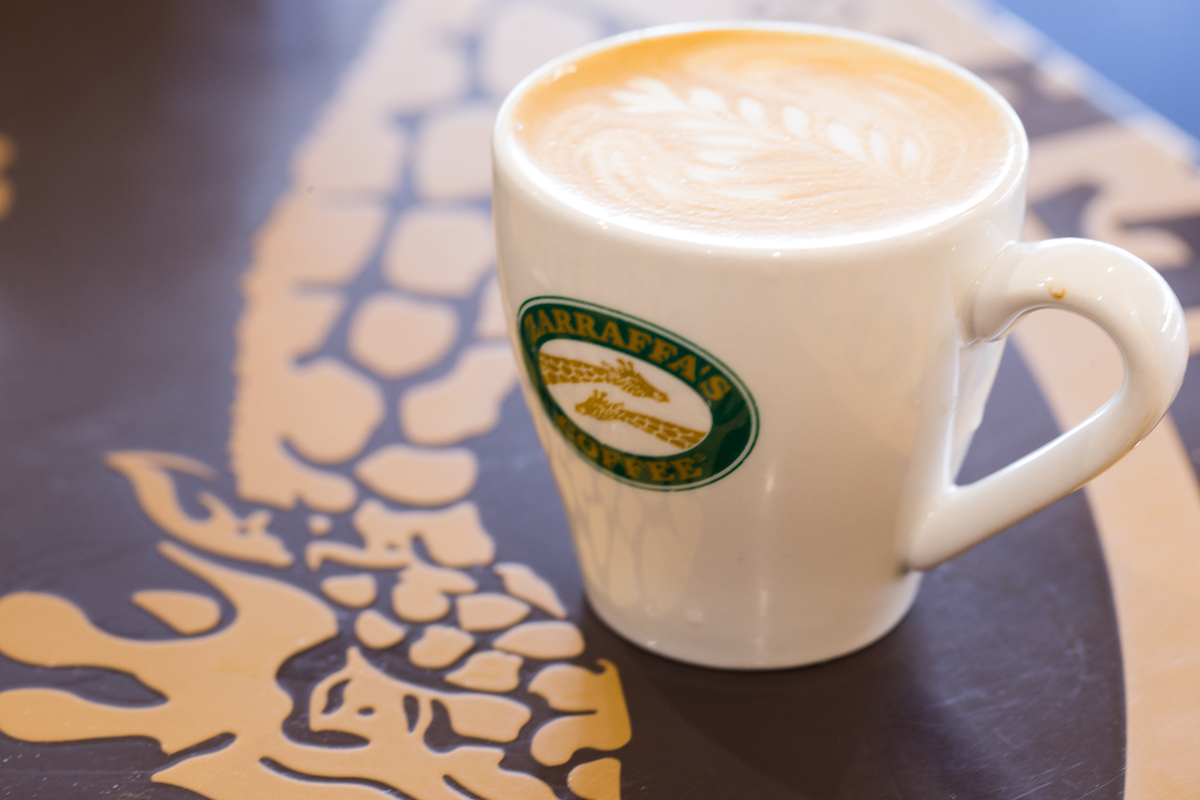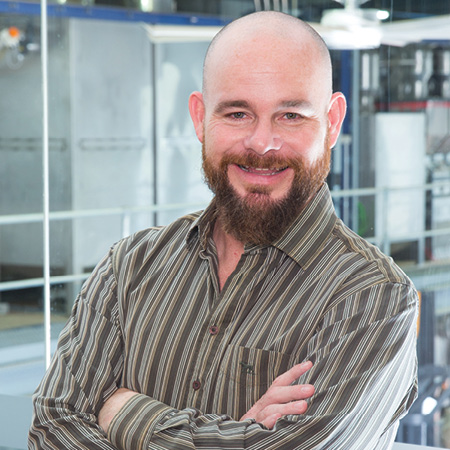As a 5-year-old kid, Kenton Campbell would leave his fibro house next to a trailer park in Oregon, America, and collect bottles. His goal was to make $5. Six years later, aged 11, he’d look at the pulp mill across the road and work out how many logs he’d have to sell to make $1 million. He didn’t know why he did those things until years later when he set up an office-cleaning business and a client suddenly said, “What are you doing cleaning my windows? You’re an entrepreneur!”
“No-one had ever said that to me before,” Kenton recalls. “It was the first time I had a name to describe how I felt inside: ‘entrepreneur’. It was the way I’d felt ever since I was a young boy. Being an entrepreneur is someone who can turn a dream into a reality. Most people live in the mediocre, but the entrepreneur says, ‘No, that’s not enough. We can do better’”.
That was Kenton’s first sliding-door moment. The second came after he opted to use his entrepreneurial spirit to sell advertising and a client wanted to celebrate a sale with coffee. Ironically for a man who now owns one of the biggest specialty coffee chains in Australia, Kenton didn’t like coffee. “I’d only ever had my Nanna’s instant,” he explains.

Full of beans
The client gave him a mocha, and Kenton was still mulling over how “awesome” it tasted when he stopped off at a petrol station. Waiting to pay, he noticed the service-hand grinding beans and steaming milk for coffee for a queue of people in front of him. He spent his wait adding up the profits from doing that and realised they were significant — especially if you threw in a smile and a bit of banter. So he asked a friend in the coffee-cart business to show him the ropes. After getting his own cart, he was enjoying the fact his business hunch was paying off when the grocery store owner (where Kenton’s cart was located) announced he was selling up and Kenton’s lease wasn’t being renewed. Fortunately, that’s when door number three slid open. During his final week of business, Kenton happened to call out to two businessmen: “You can’t walk past this cart without buying coffee! It’s the best coffee in the world”. “I made them a double mocha with whipped cream and they kept coming back, and a week later they asked if I had room in my schedule to join them in Australia. I said, ‘I’ll meet you there.’”
The right brew
Australia is known for its coffee snobbery. Why would an American raised on instant be asked for his help? “I’m not a typical American. I pride myself on service. You cannot receive or give anything better in life,” Kenton says. “On that cart, I focused on having the best product and service every time. I think those men saw that. I was also very good at upselling and Australians weren’t. I’d constantly be saying, ‘Oh, you want a double shot, because that’s a tall, or do you want whipped cream?’ I’d make a $2 beverage into a $2.75 beverage and they thought that was amazing.”
That service mentality is still top of mind for Kenton in his Zarraffa’s Coffee chain, which now has 73 outlets in Queensland and Western Australia, with plans to expand the franchise into New South Wales, Victoria and then New Zealand. Beginning with 3 stores of his own — he eventually had to close the third after failing to do due diligence on the lease and trading hours, a mistake he’ll never make again — he’d race after anyone who didn’t finish their coffee. If they didn’t like it, he’d offer to make them another they did like for free and give them yet another when they returned — which they inevitably did. He watched the way the Italians and Greeks made coffee and the way Starbucks and Gloria Jean’s made coffee and adapted his knowledge to get the best of both worlds, determined to set the standard in speciality coffee and QSR (quick-service restaurants).

“Everything is done for everyone, and everything is done on a consultative basis.” – Kenton Campbell
All you need is love… and more coffee
Sliding door number 4 was a painful one. It was Kenton’s first night in Australia: his driver didn’t make it across the Gold Coast Highway and another car smashed into Kenton’s passenger side, placing him in hospital. Later, he went to a remedial masseur to ease his pain. Her name was Rachel and she’s now his wife, business partner, and the mother of their 3 sons.
Recalling door number 5 still moves him. He’d bought his first coffee-roasting machine for $3,000 (plus $3,000 worth of beans) and was searching for premises. An elderly man walked in while he was haggling with the agent. It was the owner, Alex Katranski, then the single largest property owner in Southport, Queensland, and also an immigrant. His family told Kenton later that he’d seen something in the hardworking young American even then. He gave him the first 6 months rent for free.
One sip at a time
Kenton built his business slowly and steadily. He had his first two stores in 1999, his first franchise 2 years later. “One of my sayings is: ‘Don’t be a player; be a stayer.’ I never spend anyone else’s money. I believe the lease is the most significant document. Without a good lease and the right rent and terms, all you have is a brand. The brand Zarraffa’s [the name means ‘giraffe’ in Arabic] is a great brand and it’s got a great culture. We’re not unstoppable, but we’re so far ahead of the game I’m in a position to give franchisees opportunities I never had. If they have problems, we’re there backing them up; we’re side-by-side every day. Everything is done for everyone, and everything is done on a consultative basis.”

And Zarraffa’s continues to evolve. It’s moved a number of franchisees into drive-throughs because although some customers prefer to visit Zarraffa’s in a mall or shopping strip, others love the unique convenience of drive-throughs, especially since the new food menu was introduced. That was devised after a CEO tour when Kenton asked franchisees, staff and customers what they wanted. The result is easy-to-eat snacks for every time of day from breakfast to late night. The company produces coffee capsules and has invested in a tea-bagging machine so they can make their own tea using farm-direct, high-quality leaves. “We don’t sell a lot of tea, but we want ownership of our brand.”
The next big move is to set up area developers. Kenton has recruited people with decades of experience in franchising, and the plan will see them roasting beans, running their own outlets, then supporting other franchisees in New South Wales and Western Australia to start. “They won’t take over from head office, but they’ll improve support and also distribute products. In Western Australia, the cost and logistics of sending coffee are huge. We feel very good about the way we’re growing, so anyone interested in a great franchise should come and see what we’re about. We’re not a boutique or one-off; they’re beautiful, but that’s not what we’re here for. We’re here to beat the hell out of Starbucks, Gloria Jean’s and McDonald’s. We know people will have their local, but we want to be
the other one, when you don’t have the convenience of your local.”
Stay grounded
There is perhaps one more sliding door, dramatic in its own way but with a quieter outcome. Three years ago, Kenton had cancer. He doesn’t want to dwell on that, but it did make him reflect on life and realise that while he was still that hardworking entrepreneur, he was also something more: a loving family man and passionate Australian, but also a leader, a coach and a voice for small business.
“Money’s nice, but it doesn’t cut it anymore,” he says. “It’s other people’s success that’s my success now. That’s what’s important.”



